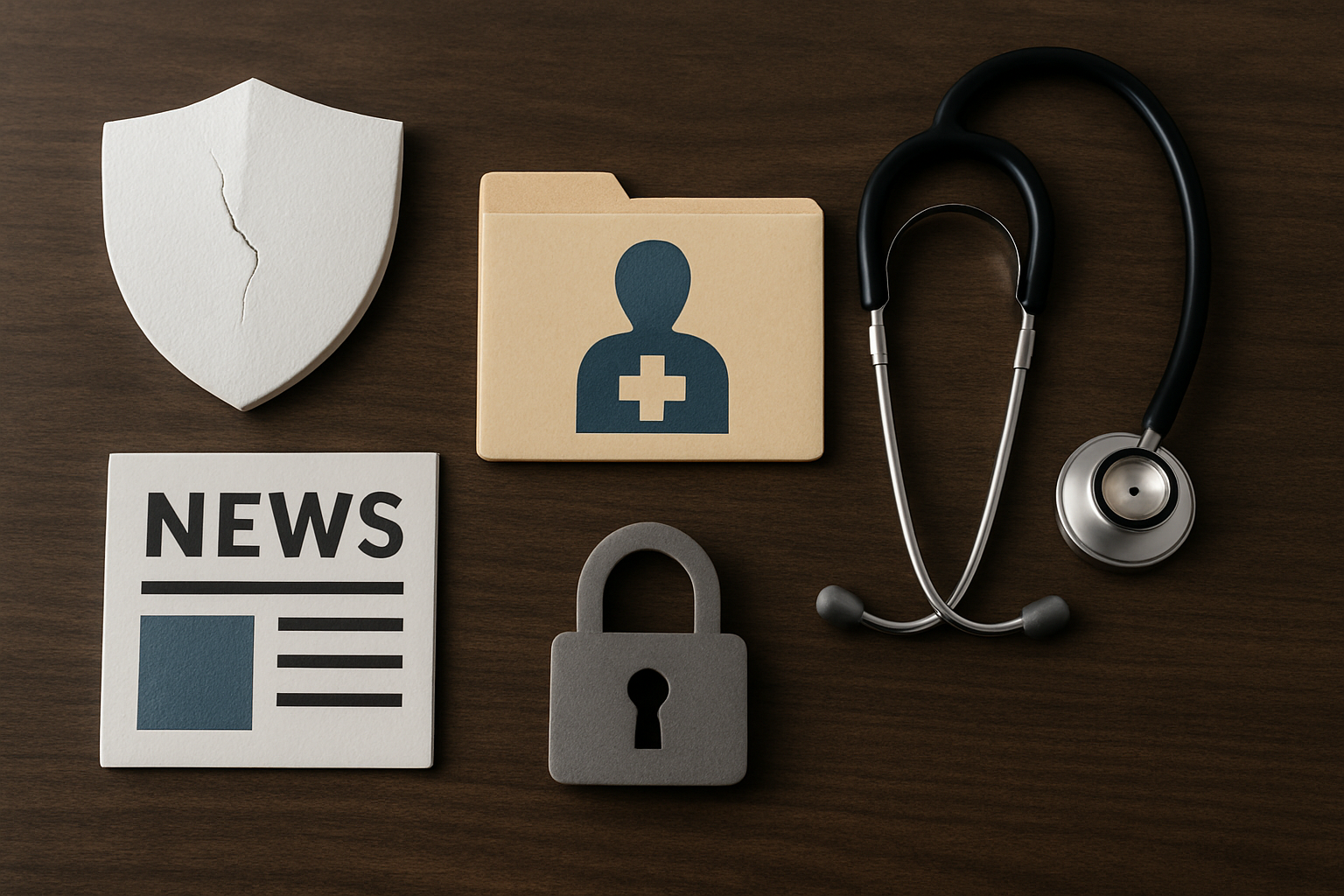
The recently reported security breach at multiple medical groups in the Heritage Provider Network in California, including Regal Medical Group, Lakeside Medical Organization, ADOC Medical Group, and Greater Covina Medical, has once again put the spotlight on the importance of cybersecurity in the healthcare sector. With the data of 3,300,638 patients reported to have been exposed, this breach is now the largest reported healthcare breach since the OneTouchPoint, Inc. breach in July, 2022.

According to a statement from the entities, the breach took place on December 1, 2022 and was caused by a ransomware attack. A third-party cybersecurity expert was brought in to help with the investigation, which revealed that the following data had been compromised: full name, social security number, date of birth, address, medical diagnosis and treatment, laboratory test results, prescription data, radiology reports, health plan member number, and phone number.
The healthcare organization has stated that they have implemented additional security measures and stricter protocols to prevent similar incidents and safeguard sensitive patient information from unauthorized access. However, patients whose information was exposed should be aware of the potential for targeted phishing attacks, scams, social engineering, or extortion using stolen data.
In the wake of this breach, it is more important than ever for healthcare organizations to prioritize cybersecurity. One of the key steps in this process is conducting an annual security assessment, which can help identify vulnerabilities and provide a roadmap for addressing them. This assessment should include a review of all systems and processes, an analysis of the threat landscape, and a thorough assessment of the organization's security posture.
The U.S. Department of Health and Human Services (HHS) is now in the process of investigating the breach. The outcome of this investigation and any potential impact to the medical group remains to be seen, but it is clear that healthcare organizations must be proactive in their approach to cybersecurity to avoid similar incidents.
This security incident serves as a stark reminder of the importance of cybersecurity in the healthcare sector. Healthcare organizations must prioritize cybersecurity, conduct regular security assessments, and be proactive in their approach to protecting sensitive patient information. Failure to do so could result in devastating consequences, both for the organization and for the patients they serve.




